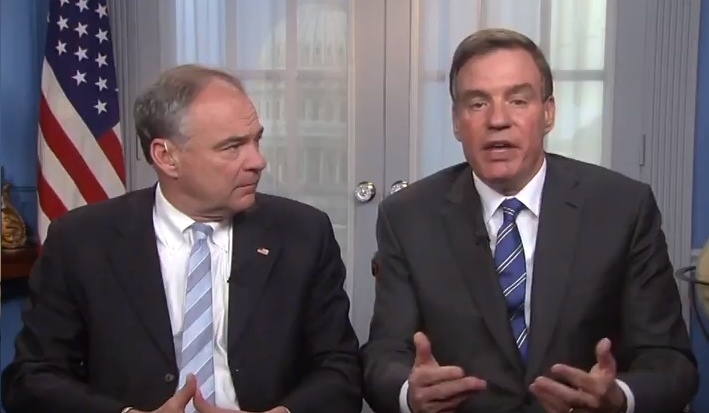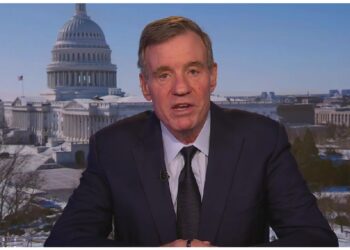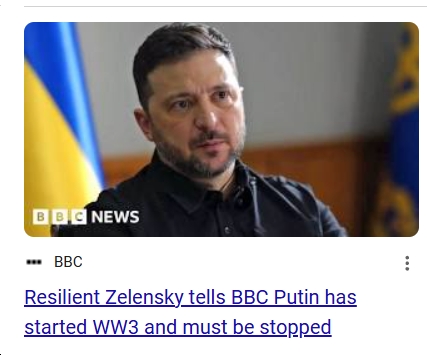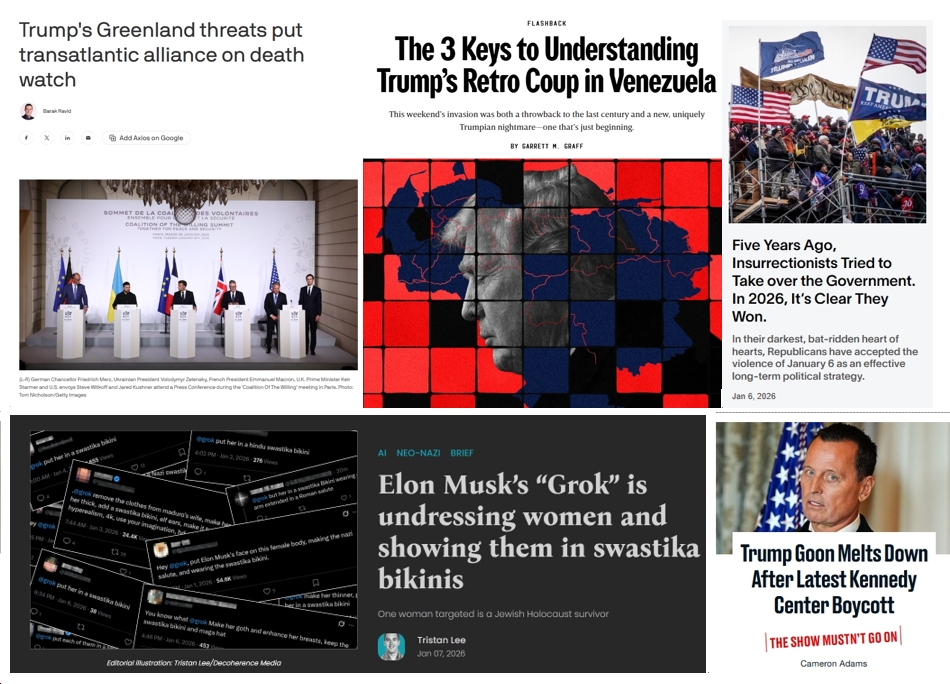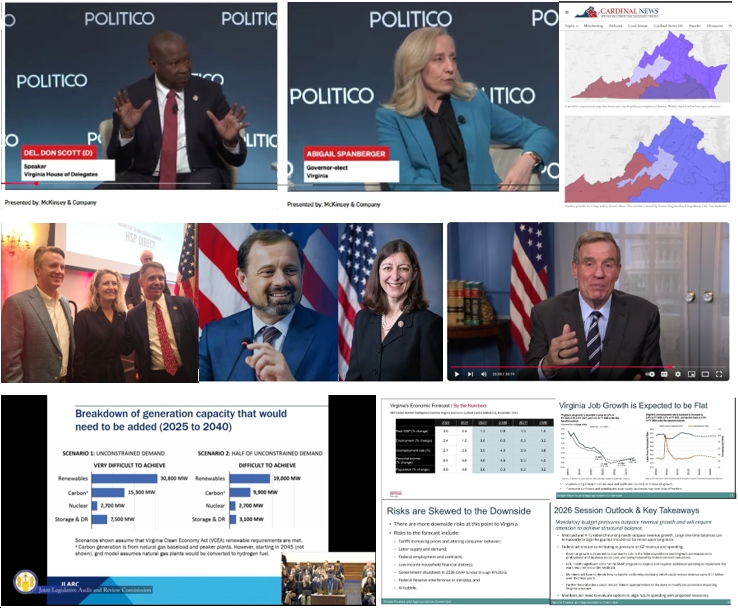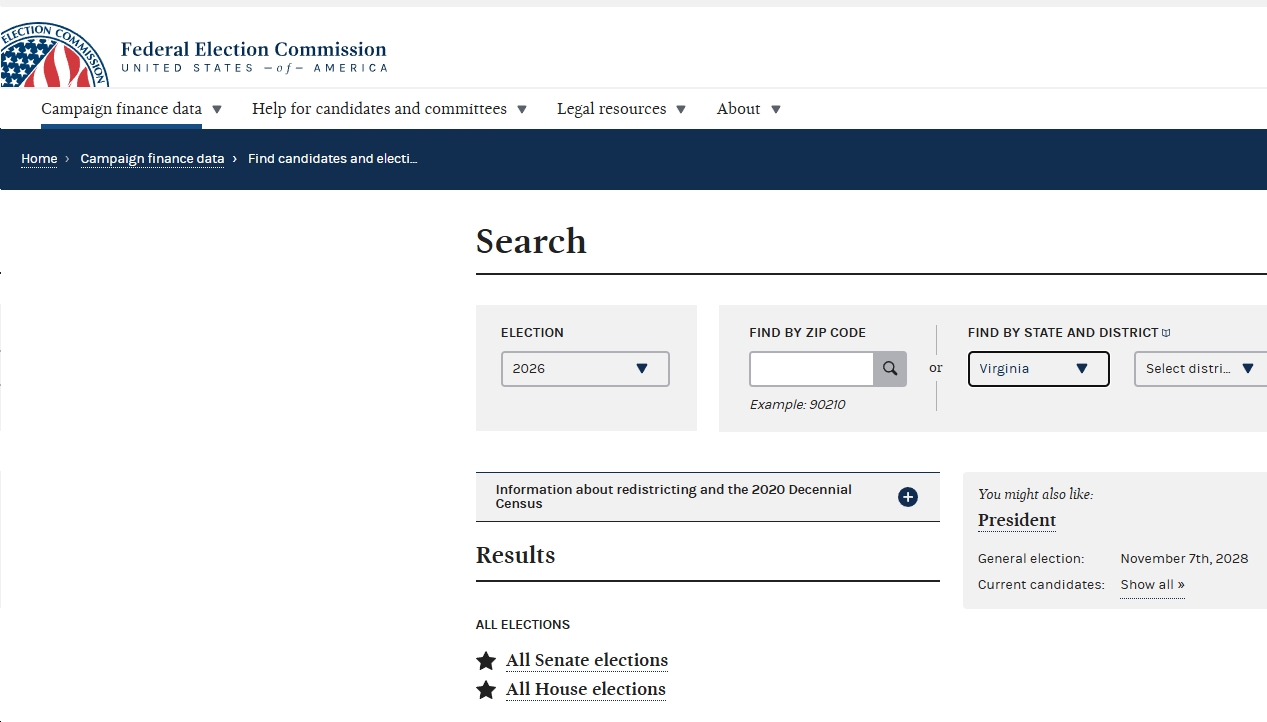From Sen. Mark Warner’s office; see video here and below:
The very nature of national security is undergoing a profound transformation.
Today, I spoke during an open Intelligence Committee hearing about the next generation of threats facing America. pic.twitter.com/7A1mmTEyma
— Mark Warner (@MarkWarner) March 8, 2023
- Good morning. I call this hearing to order. Welcome to our witnesses:
- Director of National Intelligence, Avril Haines;
- CIA Director, Bill Burns;
- FBI Director, Chris Wray;
- Director of the National Security Agency and Commander of U.S. Cyber Command, General Paul Nakasone; and
- DIA Director, Lieutenant General Scott Berrier.
Thank you for coming before the Committee today to discuss the Intelligence Community’s annual worldwide threat assessment. This is an opportunity for agencies to brief this oversight committee – and the American public – about the numerous threats and challenges facing our country.
Our nation’s intelligence professionals are America’s eyes and ears: they provide crucial intelligence assessments and warnings to policymakers so that we might address not just immediate threats, but dangers on the horizon.
I’d like to thank you and, the thousands of women and men of America’s Intelligence Community whom you represent, for their quiet, unsung, and often unacknowledged service.
We live in an increasingly challenging and complex world. While the ongoing war in Ukraine has shown that conventional military capabilities are still important, the very nature of national security is undergoing a profound transformation. National security in 2023 is not the same as it was in 1993 or even 2003.
We can no longer just pay attention to who has the most tanks, airplanes, or missiles… we need to also focus on technology, R&D dollars, strategic investment flows, and supply chains, because whoever leads in technology will have an edge in the national security competition of the future.
We have already seen this with the outsize impact of cyber tools, which now give both state and non-state actors alike the power to cripple countries’ critical infrastructure and entire economies from behind a keyboard and without firing a single shot.
And we are increasingly seeing rising competition in the technology space with authoritarian regimes that are challenging democratic norms at home and around the world.
The People’s Republic of China under President Xi and the Chinese Community Party is now a near-peer competitor with the United States in its economy, technology, and military capabilities.
I should emphasize that my concern is with the CCP and Xi Jinping and not with the people of China, the Chinese diaspora, let alone Chinese- or Asian-Americans, who have been some of the strongest critics of the increasing authoritarianism of the Xi government, and are often the victims of the CCP’s repression.
While America was focused for two decades on counterterrorism, China was racing to overtake the U.S. in a range of emerging and foundational technologies such as advanced wireless communications, semiconductors, quantum, synthetic biology, next-generation energy, artificial intelligence, and in key upstream inputs like critical minerals.
The PRC has also become an active player in the international technology standards-setting bodies and is embedding itself in global supply chains. All this is why the United States must aggressively invest in the talent, tools, and research to lead in tomorrow’s technologies.
Today you will undoubtedly be asked about the IC’s assessments on the origins of COVID-19. Let’s be clear: despite China’s denials, it is entirely fair for us to ask whether the virus that has killed 6.8 million people – so far – might have been accidentally released from a lab in Wuhan.
That these questions are even necessary is a testament to the failings of the Chinese system and stands in contrast to the openness of our own public health officials during the pandemic. The lack of transparency in China’s authoritarian system means that we may never be absolutely certain where COVID-19, or God forbid, the next pandemic, could have, or will next, originate.
Looking towards Russia, we are now in the second year of Vladimir Putin’s invasion of Ukraine. The IC did an incredible job in predicting Putin’s plans and issuing warnings about the invasion. Declassifying and sharing intelligence in a timely way has also been key to exposing and often upending Russian plans, exposing the Kremlin’s lies, and complicating Putin’s calculus.
Over the last year, Ukrainians have displayed resolve, bravery and resourcefulness, as they have defended their country against Russia’s ruthless invasion. NATO is more united than ever, and democracies around the world have rallied with unprecedented assistance to Ukraine in training… intelligence sharing… humanitarian and financial assistance… and significant amounts of modern military equipment.
I hope that we will hear from our IC their assessment of the trajectory of this bloody conflict, and whether a way forward can be found to end this war while preserving Ukraine’s indisputable right to exist as a sovereign nation.
I am sure that we will discuss the multitude of other threats – from rogue states like Iran and North Korea…to emerging global health threats…to the threat of global warming… as well as the threats presented to the IC’s workforce by Anomalous Health Incidents (or AHIs). All of your agencies rely on the world-class talent of your workforce, and that is why this Committee will continue our efforts to ensure that our federal clearance reform, hiring and retention are fully modernized to meet the challenges that we will face.
One last thing to note, and I think I speak for everyone on the Committee: we still have unfinished business regarding the classified documents that we need to see in order for the Intelligence Committee to effectively undertake its job of providing intelligence oversight. I hope we can resolve this issue quickly.
The challenges we face are more varied and dynamic than perhaps ever, and clearly you have your hands full. But we also have an opportunity to underscore our convictions and reinvigorate our values in the face of autocratic regimes like China and Russia that are seeking to undermine democracies around the world. Their actions remind us that we cannot take the democratic and free international order for granted. It requires leadership, conviction, and sometimes sacrifice.
I look forward to today’s discussion.

